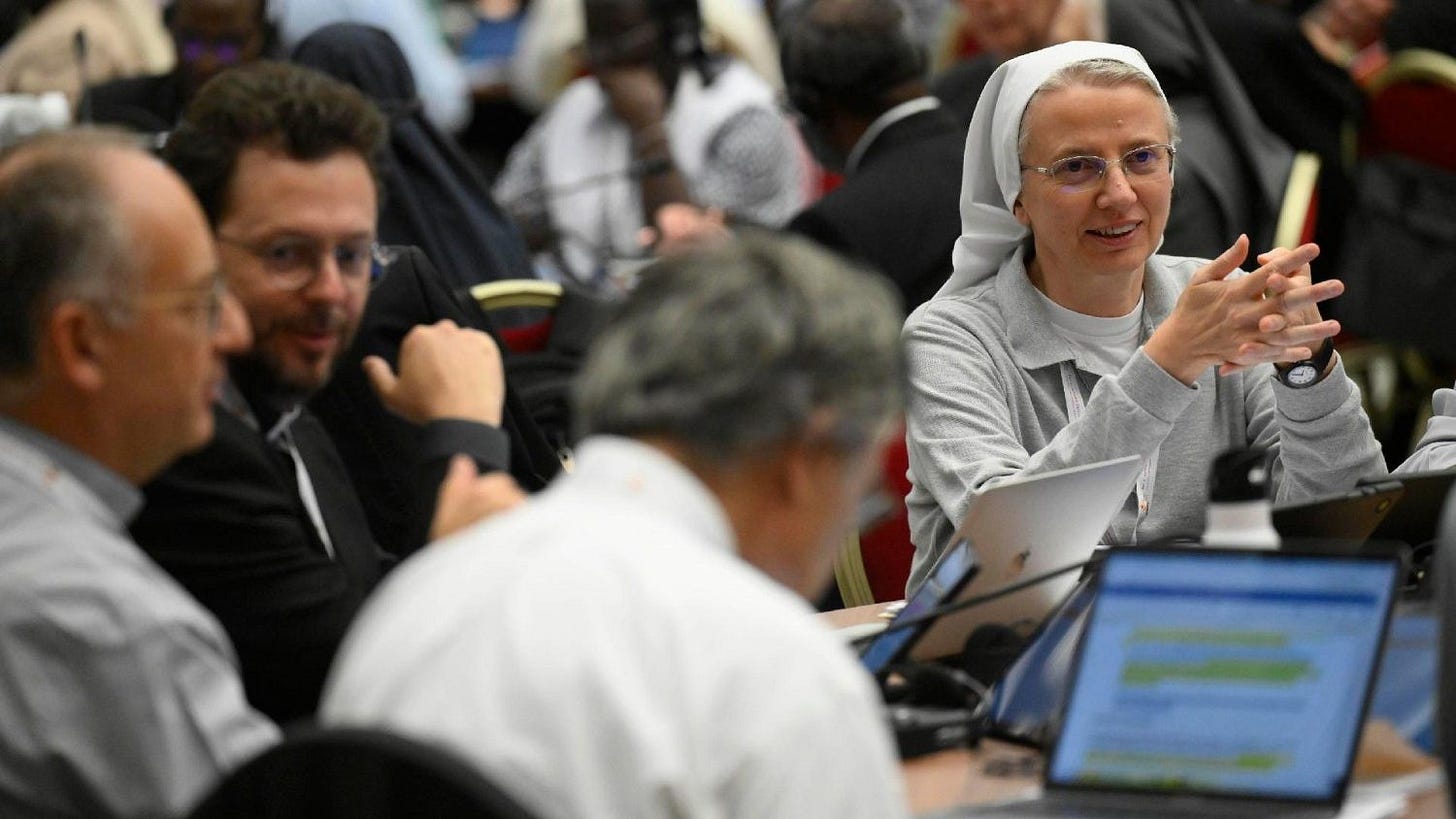The ‘two speed Church’ agenda for the synod
A plan to 'decentralize' doctrine and disciple in a federated Church looks to be gaining momentum
The second session of the 16th Ordinary General Assembly of the Synod of Bishops will convene October 2 for another three week series of discussions and debates.
But while that second marathon session in Rome is still months away, the global synodal process continues to unfold in real time around the world.

